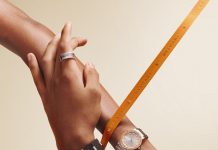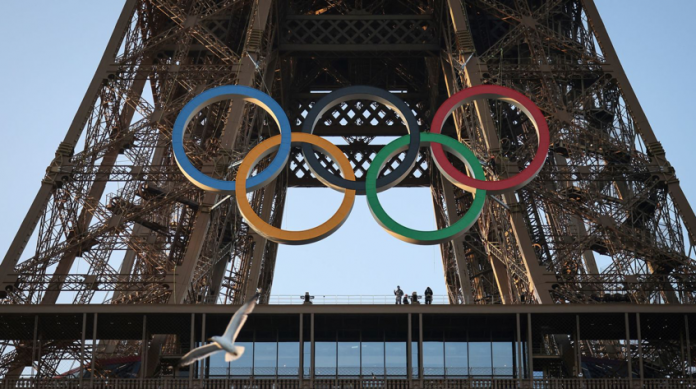คณะกรรมการโอลิมปิกสากล (IOC) ประกาศว่าการแข่งขันโอลิมปิกเกมส์ 2024 ที่กรุงปารีสจะมีนักกีฬาหญิงและชายในสัดส่วนที่ใกล้เคียงกันที่สุดในประวัติศาสตร์ โดยมีนักกีฬาหญิง 5,416 คน และนักกีฬาชาย 5,630 คน คิดเป็นสัดส่วนนักกีฬาหญิง 49% ของจำนวนนักกีฬาทั้งหมด
นับเป็นความก้าวหน้าครั้งสำคัญ เมื่อเทียบกับโอลิมปิกครั้งแรกในปี 1896 ที่ห้ามผู้หญิงเข้าร่วมแข่งขันโดยสิ้นเชิง จนกระทั่งปี 2012 IOC จึงอนุญาตให้ผู้หญิงแข่งขันได้ในทุกชนิดกีฬา
อย่างไรก็ตาม ผู้เชี่ยวชาญชี้ว่าความเท่าเทียมทางตัวเลขเป็นเพียงส่วนหนึ่งของความเท่าเทียมที่แท้จริง ยังมีความท้าทายอีกมาก สัดส่วนโค้ชหญิงยังต่ำมาก คาดว่าจะมีเพียง 13% ในการแข่งขันครั้งนี้ ขณะที่ผู้บริหารระดับสูงของ IOC ส่วนใหญ่ยังเป็นผู้ชาย และไม่เคยมีประธาน IOC ที่เป็นผู้หญิงมาก่อน
นอกจากนี้ ชุดแข่งขันของนักกีฬาหญิงยังคงเป็นประเด็นถกเถียง บางครั้งถูกมองว่าเปิดเผยร่างกายมากเกินไป ในขณะที่นักกีฬามุสลิมที่สวมฮิญาบไม่สามารถสวมใส่ได้ในการแข่งขันที่ปารีส เนื่องจากกฎหมายของฝรั่งเศส
แม้จะมีความก้าวหน้า แต่ยังมีงานอีกมากที่ต้องทำเพื่อให้เกิดความเท่าเทียมทางเพศอย่างแท้จริงในวงการกีฬาโอลิมปิก การสร้างโอกาสและการสนับสนุนที่เท่าเทียมกันสำหรับนักกีฬาหญิงยังคงเป็นความท้าทายสำคัญที่ต้องได้รับการแก้ไขต่อไป
โดย CNN News
Paris Olympics 2024: A Significant Step Towards Gender Equality, Yet Challenges Remain

The 2024 Olympic Games in Paris will mark a historic milestone in gender representation, with the International Olympic Committee (IOC) announcing the closest-ever ratio of female to male athletes. The Games will feature 5,416 female athletes and 5,630 male athletes, with women comprising 49% of the total athlete population.
This development represents remarkable progress from the inaugural modern Olympics in 1896, which prohibited female participation entirely. It wasn’t until 2012 that the IOC permitted women to compete in all sports.
Despite this advancement, experts emphasize that numerical parity is just one aspect of true equality. Significant challenges persist, particularly in leadership roles. The proportion of female coaches remains low, estimated at only 13% for these Games. Moreover, the upper echelons of IOC management continue to be male-dominated, with no woman ever having served as IOC president.
Other contentious issues include the attire of female athletes, which is sometimes perceived as overly revealing, and the prohibition of hijabs for Muslim athletes competing in Paris due to French legislation.
While progress has been made, there is still substantial work to be done to achieve genuine gender equality in the Olympic movement. Creating equal opportunities and support for female athletes remains a crucial challenge that requires ongoing attention and resolution. The journey towards full gender equality in the Olympics is ongoing, with each step forward highlighting both progress made and the work that lies ahead in fostering a truly inclusive sporting environment at the highest level of international competition.
By CNN News

















